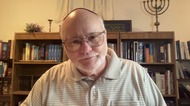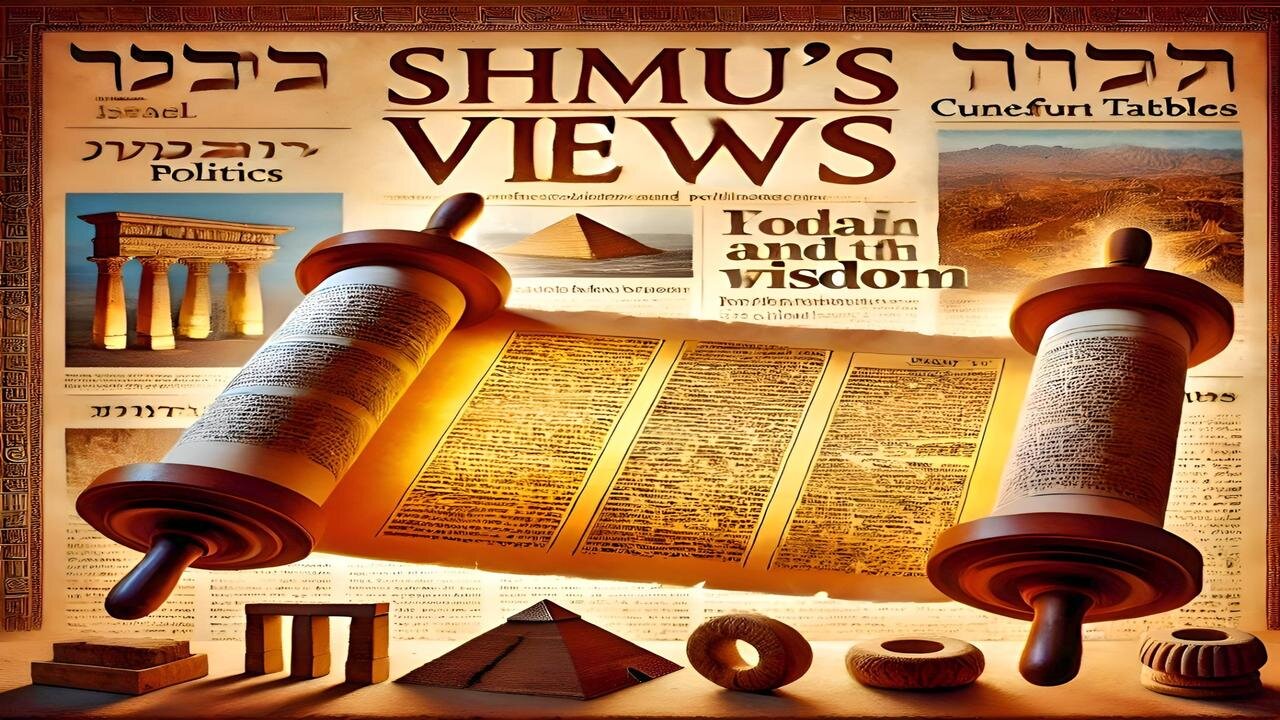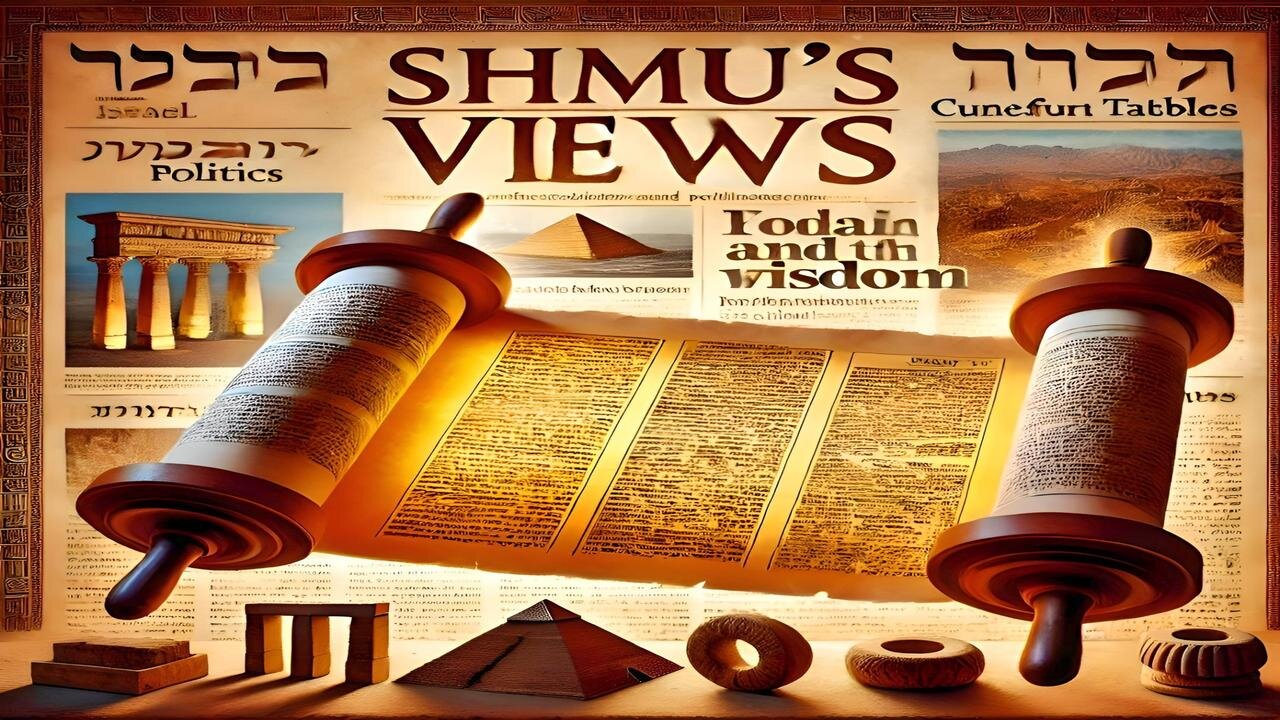
Each morning we pray - Blessed are You, L-rd our G-d, King of the Universe, Who has sanctified us with His commandments, and instructed us to engage in the words of Torah.
Wisdom from Rabbi Twerski:
It is noteworthy that the prayer does not refer to the “study” of Torah, but rather to “engage” in the words of Torah.
Study of Torah is the greatest of all mitzvot, but only because it leads to proper behavior and worthy deeds. A pure, theoretical knowledge of Torah — regardless of how vast and profound it may be — which is not translated into action, is of little value.
To “engage” in Torah means to live by the Torah. We must relate to people according to Torah principles, transact business according to Torah principles, and conduct every phase of our lives according to Torah principles.
Parshat Naso is the longest single parsha in the Torah, clocking in at 176 verses. That’s Torah’s way of saying, “Hey, you might want to take a long , serious and contemplative look at what you’re about to learn.”
Also on Substack: https://substack.com/home/post/p-165229596?source=queue
The 613 Commandments of Torah: Part 18 - the Blog
https://shmusviews.blogspot.com/2026/03/the-613-commandments-of-torah-part-18.html















